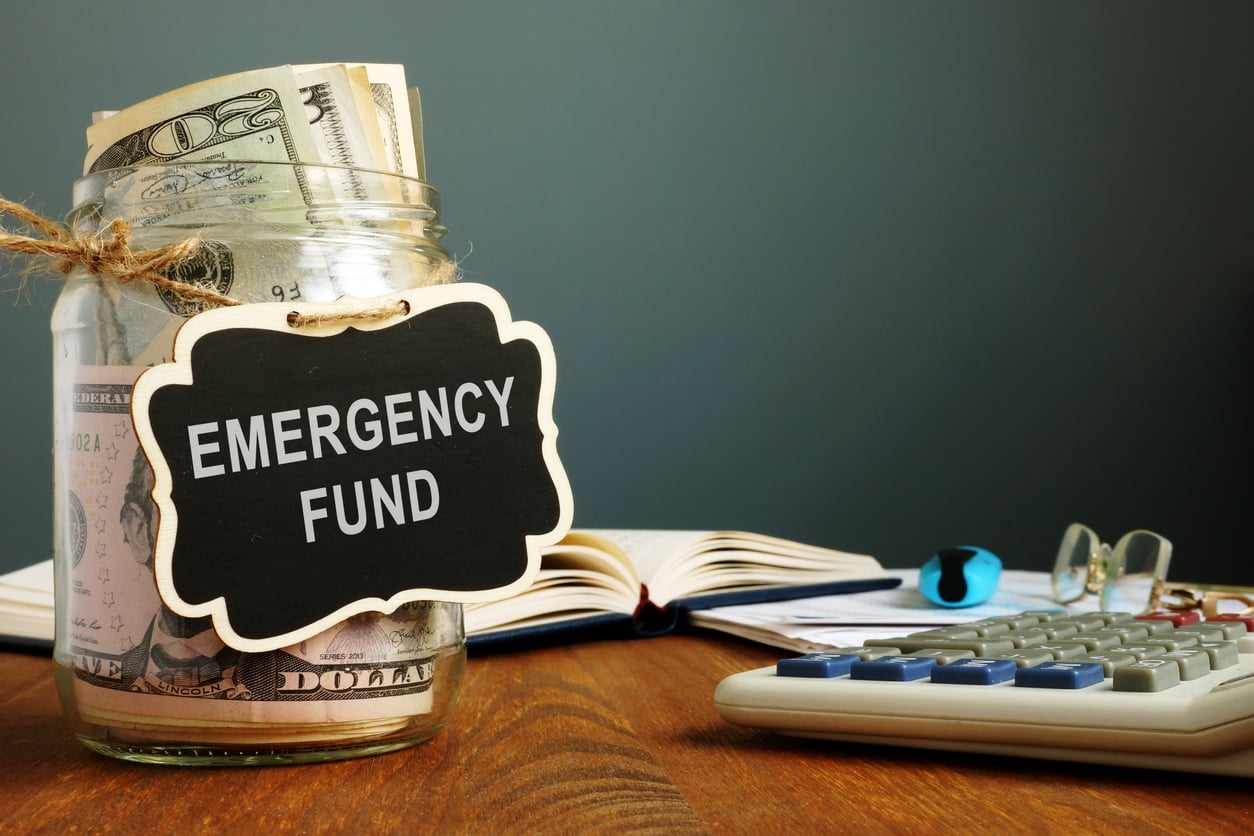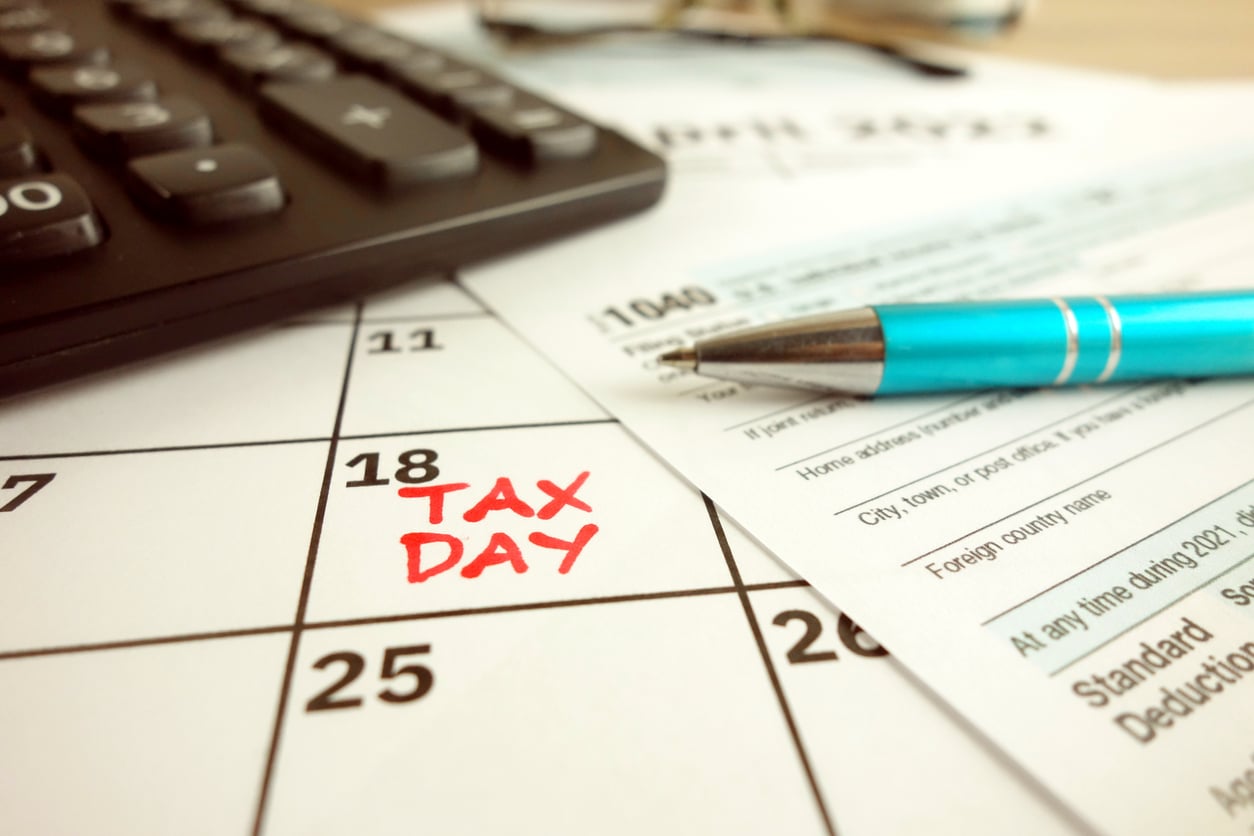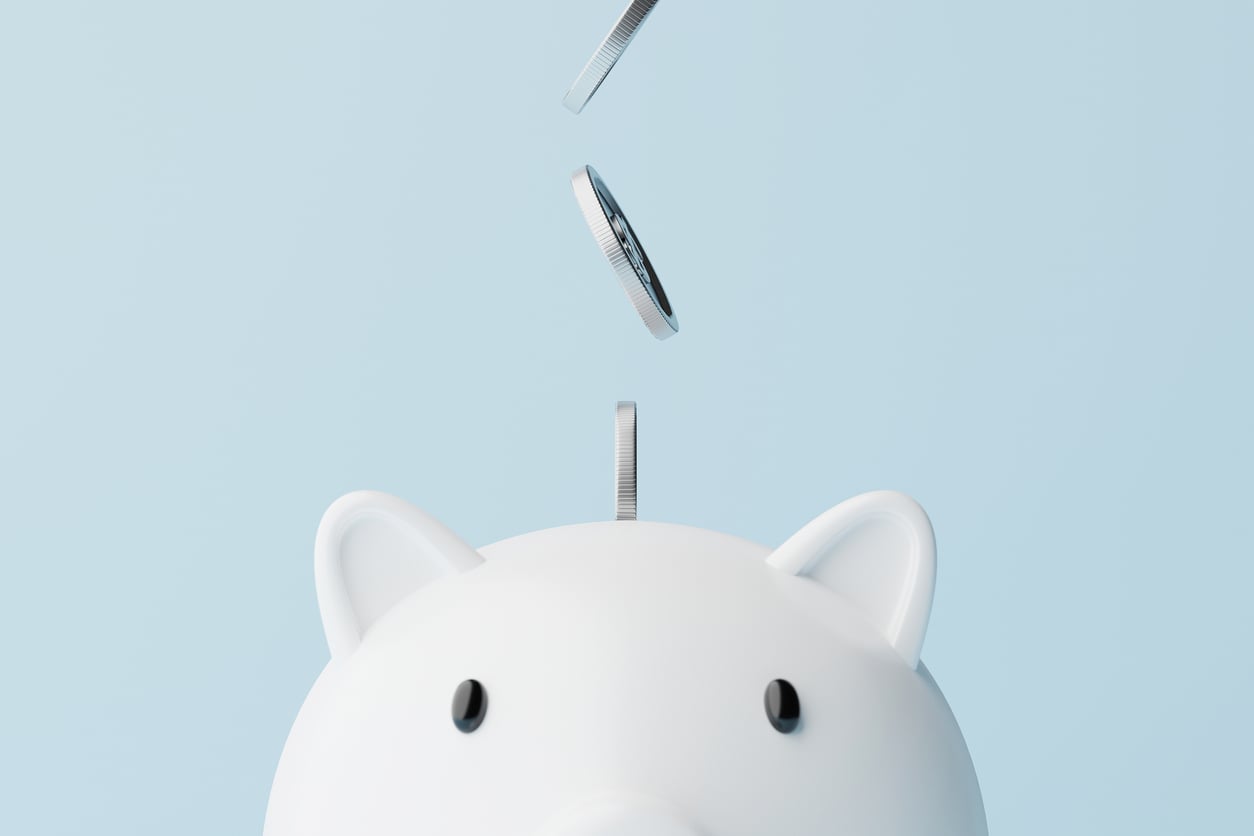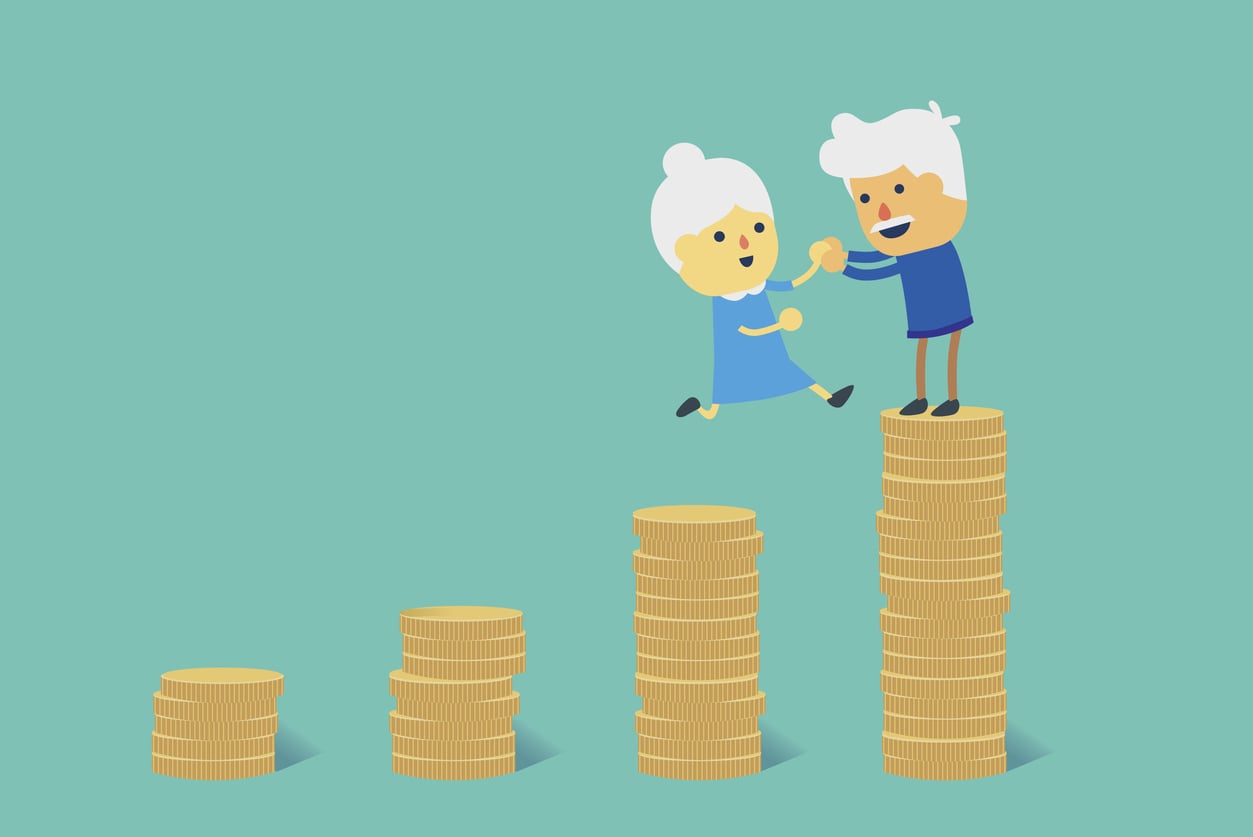Financial Tips for Young Adults: What You Need to Know

It can be tough being a young adult in today's economy. You're just starting out in life, and you have to worry about things like student loans and rent payments. It's hard to know what to do with your money when you're just starting out. In this blog post, we will provide some tips for young adults on how to manage their finances.
Pay With Cash
As anyone who has ever been in debt can attest, it is not a position you want to be in. Unfortunately, credit cards make it all too easy to find yourself in over your head. With interest rates and fees, it can take years to pay off even a small balance. That's why one of the best pieces of advice for young adults is to pay with cash, not credit. When you use cash, you are more likely to be mindful of your spending. You are also less likely to make impulsive purchases. If you do find yourself in debt, there are a number of ways to get out, but it is always best to avoid it if you can.

Educate Yourself
It is never too early to start learning about personal finances. Even if you are still in school, there are a number of things you can do to educate yourself on the subject. One of the best places to start is by reading books or articles on the topic. There are also a number of excellent online resources that can provide you with a comprehensive overview of personal finance concepts. Furthermore, there are many financial education courses available, both online and in person. By taking the time to educate yourself on personal finance, you will be well on your way to financial success.

Know Where Your Money Goes
This means tracking your income and expenses so that you can see where your money is going each month. This can be done by setting up a budget or using personal finance software. Tracking your spending can help you to identify areas where you may be able to save money. For example, if you notice that you are spending a lot of money on restaurants, you may want to cook at home more often. Knowing where your money goes can also help you to monitor your progress towards financial goals. For example, if one of your goals is to save for a down payment on a house, tracking your spending can help you to see how much closer you are getting to your goal. In short, knowing where your money goes is a valuable financial rule for adults.

Start an Emergency Fund
Many people go through life without ever experiencing a true financial emergency, but for those who do, it can be a difficult situation to navigate. One of the best ways to prepare for a financial emergency is to start an emergency fund. This is a savings account that is dedicated solely to covering unexpected expenses. Most experts recommend setting aside at least three months' worth of living expenses, but depending on your individual financial situation, you may need to save more. An emergency fund can help you avoid going into debt if you experience a job loss, medical emergency, or other unforeseen expense. It's important to remember that an emergency fund is for true emergencies only; if you are tempted to dip into it for non-essential purchases, you will only end up putting yourself in a worse position if an actual emergency arises. Start small and aim to contribute to your emergency fund on a regular basis - over time, you'll be glad you did.

Start Saving for Retirement Now
The sooner you start saving, the more time your money has to grow. Even if you can only save a small amount each month, it will add up over time. Putting off retirement savings can have serious consequences down the road. If you wait until you are close to retirement age to start saving, you will likely have to working longer or make do with a lower standard of living in retirement. Automate your savings so that a fixed amount is deducted from your paycheck each month and deposited into a retirement account. If your employer offers a 401k plan, make sure to contribute at least enough to receive the employer match. You should also periodically review your investments and make adjustments as needed in order to ensure that your portfolio remains well-balanced.

Get a Grip on Taxes
Get a Grip on Taxes is a financial rule for adults that helps them understand how to file their taxes efficiently. This rule states that anyone who wants to file their taxes efficiently must first gather all the required documents, such as W-2s and 1099s. Once all the necessary paperwork has been gathered, the individual must then determine their filing status and calculate their taxable income. After those two steps have been completed, the individual can then start researching the various deductions and credits that they may be eligible for. By taking the time to learn about and understand the tax filing process, adults can save themselves a significant amount of money and stress come tax season.

Protect Your Health
As anyone who has ever faced a major medical bill knows, health care is expensive. Even with insurance, copays and deductibles can quickly add up. For this reason, it is important for adults to have a financial plan in place in case of an unexpected health emergency. One way to do this is to set aside money each month into a dedicated health savings account. This account can be used to cover unexpected medical expenses, and it can also help to reduce the overall cost of health care by providing tax benefits. Another option is to purchase a high-deductible health insurance policy. While these policies have higher monthly premiums, they can also provide significant savings in the event of a major health problem. No matter what approach you take, having a plan in place will help to ensure that you are prepared for anything.




